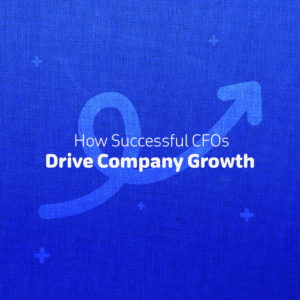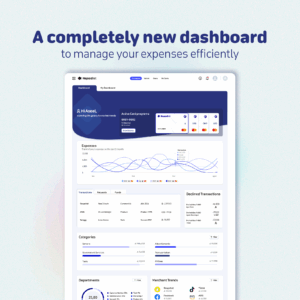The operation of a successful online store necessitates more than compelling products and an engaging brand identity. Maintaining a meticulous focus on financial management is paramount for achieving long-term viability. Unlike brick-and-mortar stores with a single (rent) location, online stores have a wider range of expenses spread across various digital services. Understanding these costs empowers online store owners to:
- Boost Profitability: By meticulously tracking and analyzing expenses, online store owners can identify areas for cost reduction or negotiation with vendors, ultimately maximizing profits. Every penny saved translates directly to increased bottom line.
- Optimize Resource Allocation: A clear understanding of where their money goes allows online store owners to prioritize essential expenses like marketing and website maintenance, fostering growth and attracting new customers. Data on expenses also informs strategic decisions regarding investments in new software, marketing channels, or fulfillment options.

Let’s outline seven crucial expense categories that online store owners must prioritize and effectively manage.
- Website Development and Maintenance
This encompasses all aspects of constructing and maintaining your online storefront, including web hosting, domain registration, website design, development, and ongoing updates. A well-functioning website serves as your virtual shop window; therefore, investment in its quality is essential.
- Marketing and Advertising
Reaching your target audience is a critical objective. Marketing and advertising expenses comprise elements such as search engine optimization (SEO), pay-per-click advertising (PPC), social media marketing, content creation, and campaign tracking to optimize return on investment (ROI).
- Payment Processing Fees
Transaction fees levied by payment gateways are an unavoidable cost of conducting online business. Explore various payment processors and, if possible, negotiate rates. Remember, cost savings in this area directly translate to increased profits.
- Shipping and Fulfillment
This category encompasses all aspects of delivering products to customers, including packaging materials, postage, warehousing, returns processing, and potentially offering strategic free shipping incentives. Explore cost-effective shipping options to optimize fulfillment costs.
- E-commerce Platform Fees
The software platform that manages your online store likely incurs monthly subscription fees, transaction fees, and potentially additional charges for features or customizations. Select a platform that aligns with your budget and operational requirements.
- Essential Software
Investments in appropriate software can streamline operations. Consider customer service software for efficient inquiry management, inventory management software for stock control, and website analytics tools to comprehend customer online behavior and optimize your website and marketing efforts.
- Customer Support Expenses:
Factor in costs associated with customer support software, training for support staff, and potential outsourcing fees. Optimizing these expenses ensures you provide efficient and helpful support while keeping costs under control.
Stop wondering if your spending is optimized. See exactly where every penny goes! Try Nqoodlet’s Virtual cards now.
The Takeaway
While it’s true that the startup cost of an online store can be lower than a physical store – rent alone makes a significant difference – it’s also easy for online store expenses to spiral out of control. Therefore, meticulously tracking and managing these expenses from the outset is crucial for long-term success. By being aware of these costs and planning for them properly, online store owners can make informed decisions, optimize their spending, and ultimately achieve profitability.





